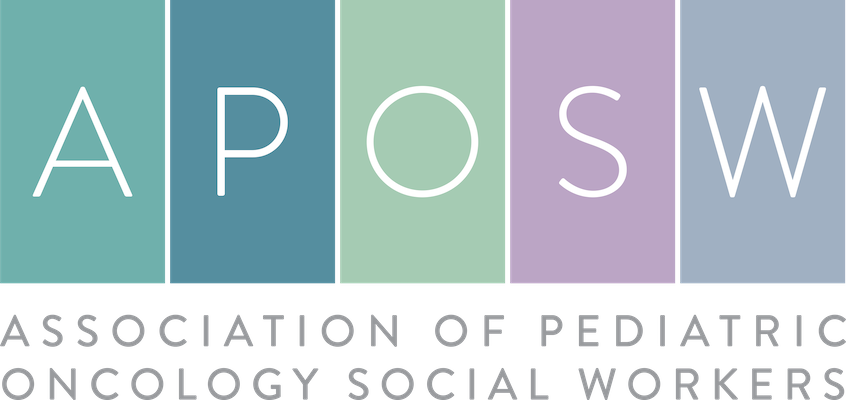The Early Years
In 1976, six social workers gathered in Philadelphia, seeking connection as they worked with children battling cancer. At the time, they faced a sense of isolation, lacking a professional network, literature, and resources to guide their practice. Most children with cancer succumbed to the disease, often without being informed of their diagnoses. Procedures were accompanied by little explanation, preparation, or palliation, as there were no central lines, topical anesthetics, or anti-emetics available. Families not only suffered from a lack of information and support but also experienced profound guilt and shame. These pioneering members recognized their work with children with cancer as a distinct sub-specialty within social work. They understood that to enhance patient care, they needed to endure in the field, which required mutual support, sharing knowledge, creating a body of literature, and defining new ways to assist children with cancer.
Building a Professional Organization
In 1977, APOSW held its second meeting and first professional conference in Bethesda, Maryland, with twenty-four social workers. It was during this meeting that APOSW formalized as a 501(c)6 nonprofit, with Antoinette Pieroni elected as its first president. A trailblazer in the field, Pieroni worked with Dr. Sidney Farber in Boston and was the first social worker hired at what is now the Dana-Farber Cancer Institute. She published her first article, "Role of the Social Worker in a Children’s Cancer Clinic," in 1967.
Annual Conferences
APOSW's conferences have been pivotal in shaping the psychosocial care of children with cancer. Early conferences, documented in brochures from that time, covered topics such as family-centered care, school and community re-entry, collaborative practice, and the social work role on healthcare teams. Presentations also addressed guided imagery and hypnosis for pain relief, self-care, spirituality, cultural competence, and end-of-life care. These gatherings have evolved with the times, continually introducing new approaches to care. The Houston Tyler Rothschild Scholarship was established in 1991, providing financial support to first-time conference attendees.
Expanding Our Advocacy and Research
As the organization grew, new support initiatives were launched, including the first newsletter in 1980 and a conference seminar for newcomers in 1991.
In 1997, APOSW introduced Standards of Practice, providing a foundational document for the specialty. APOSW has been active in public policy and advocacy since the late '90s, joining the Alliance for Childhood Cancer and participating in Childhood Cancer Action Days in Washington, D.C.
Pediatric oncology social workers have contributed significantly to research, producing journal articles and book chapters that inform current practices. APOSW integrated social work into the behavioral science research efforts of the Children’s Oncology Group, which was formed in 2000. APOSW has led the charge in ensuring pediatric oncology research focuses on more than morbidity and mortality, incorporating quality of life, survivorship, end-of-life care, pain and symptom management, and community integration. These elements have become integral to the research framework of COG.
This narrative includes excerpts from a speech by former APOSW President Kate Shafer at the 30th Annual Conference in Toronto, May 2006.
